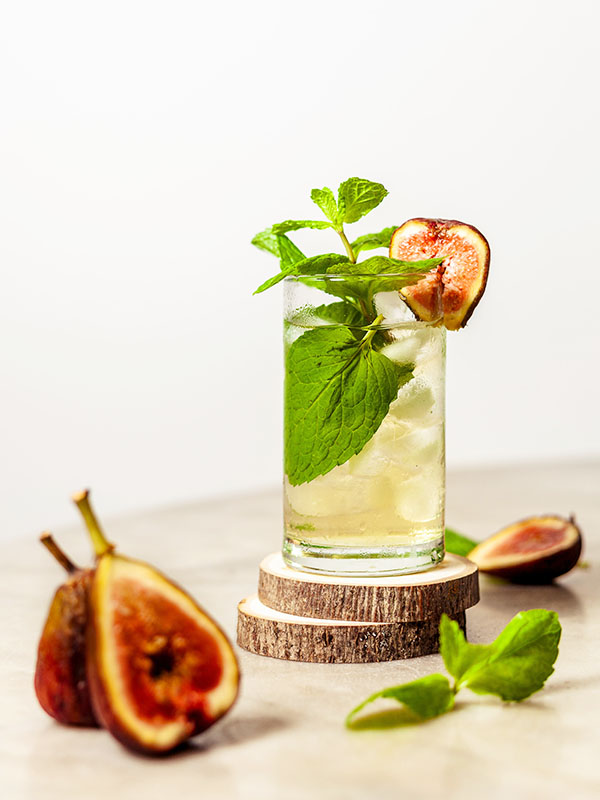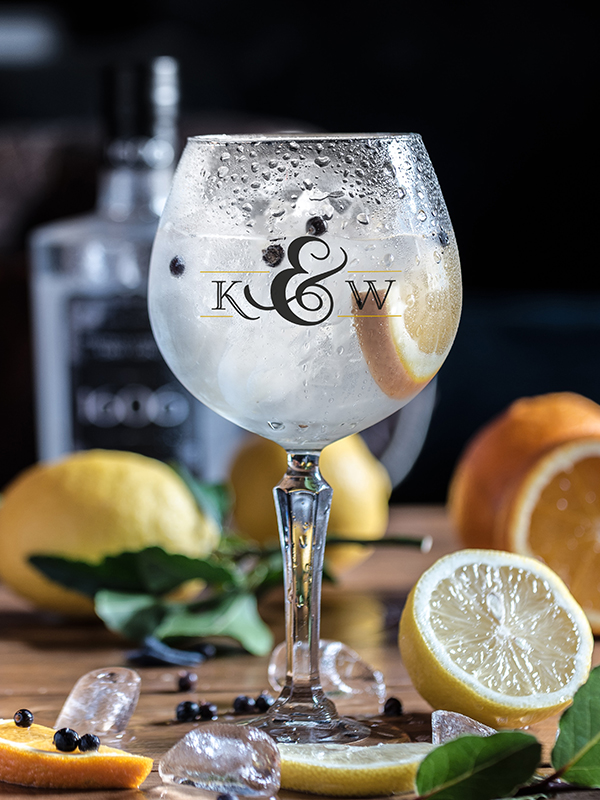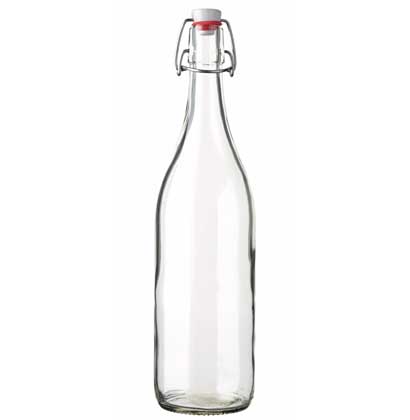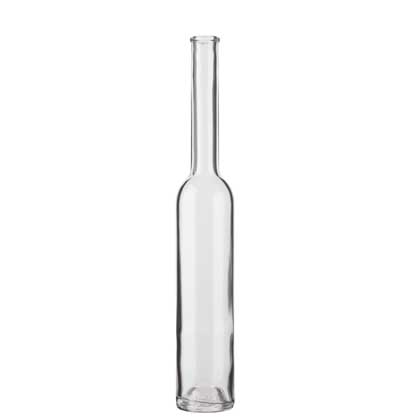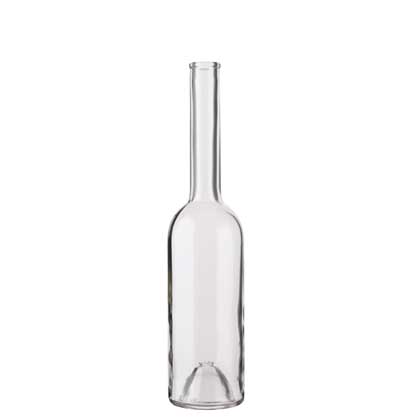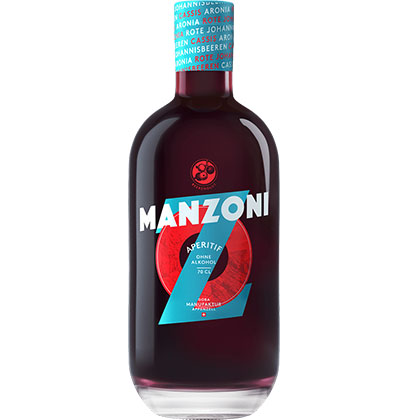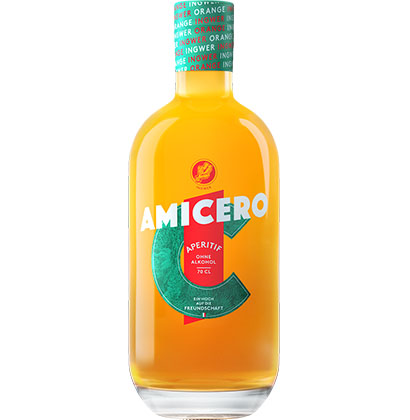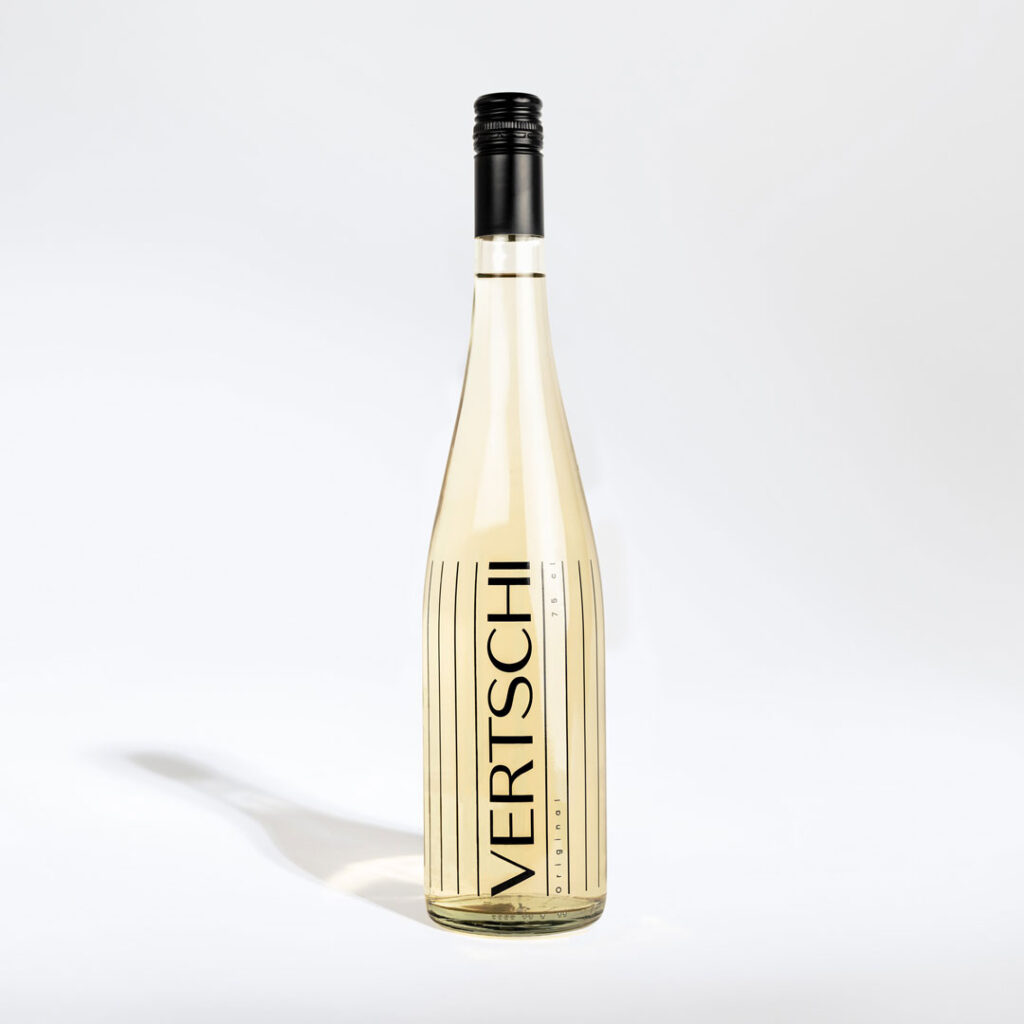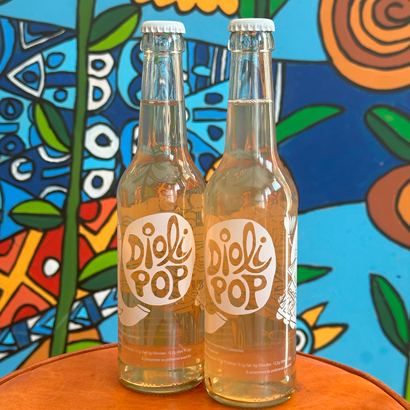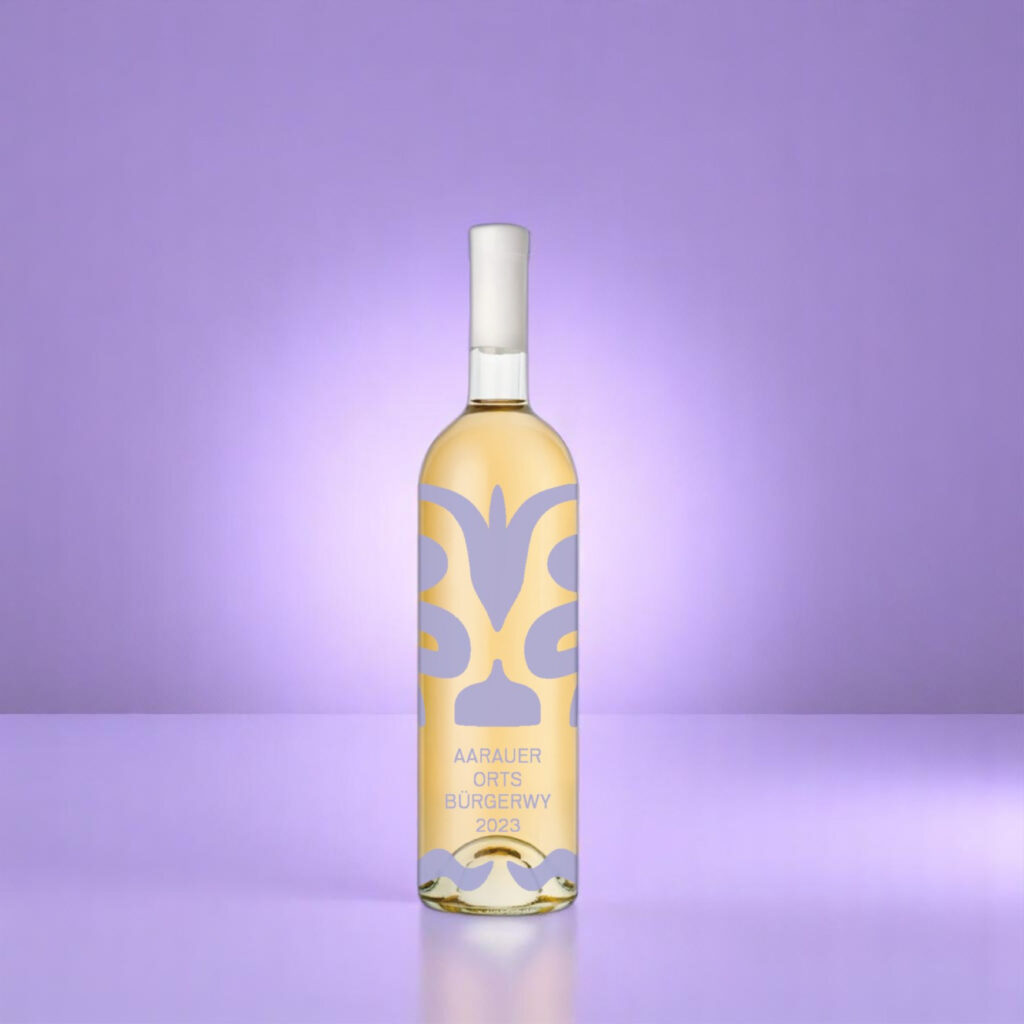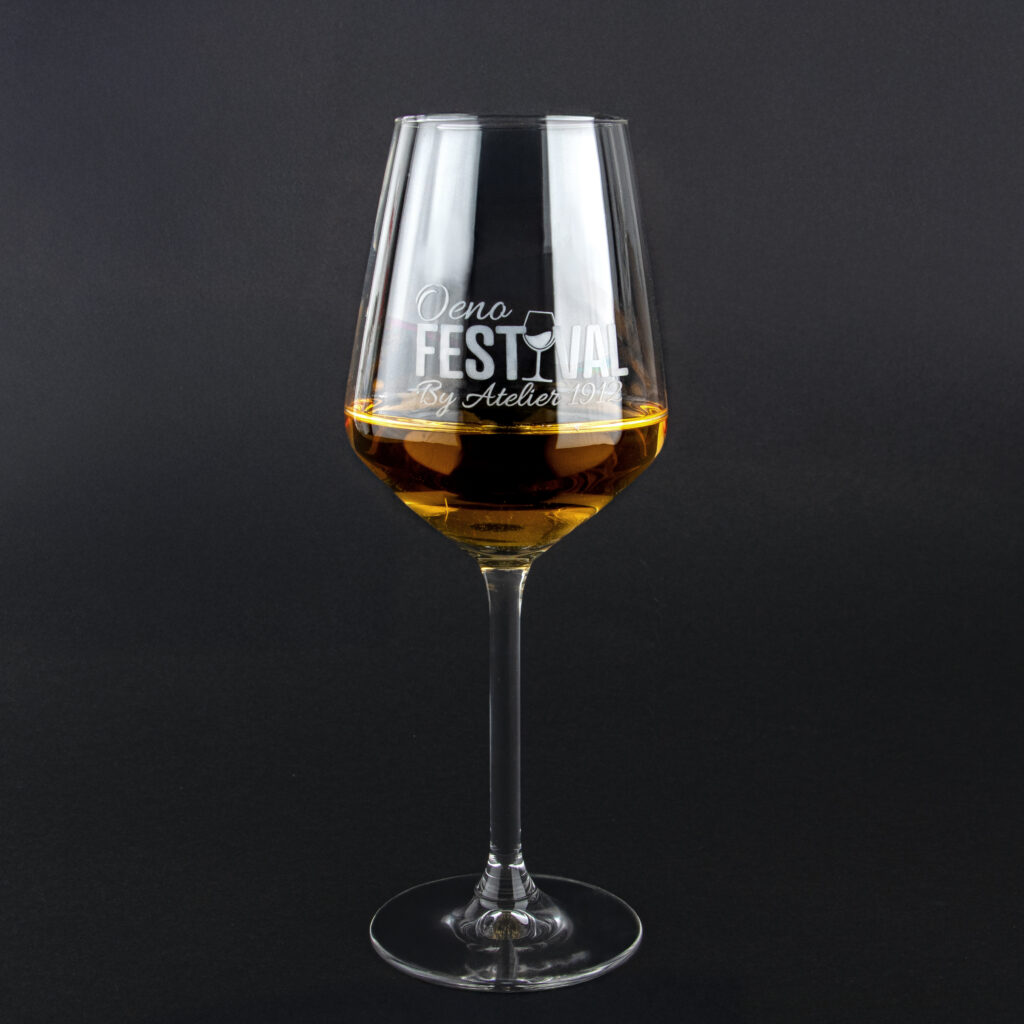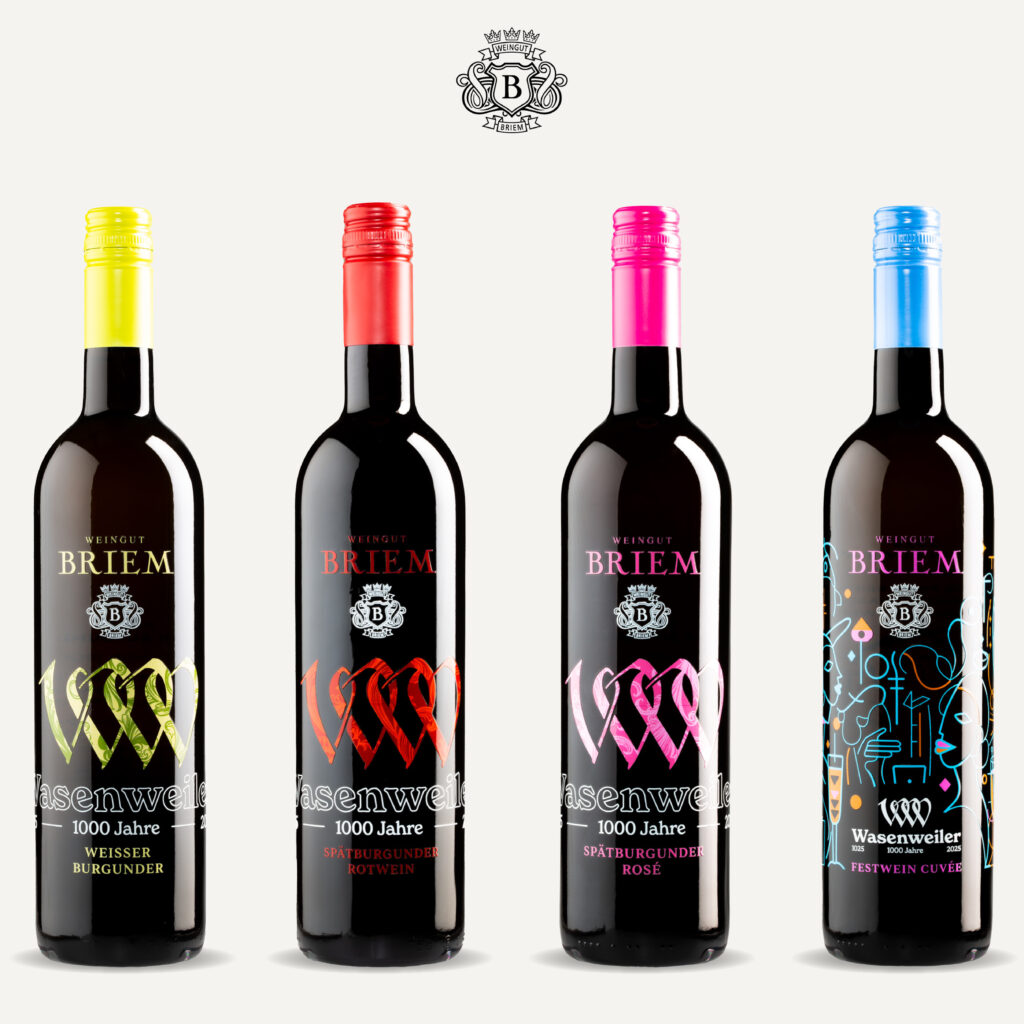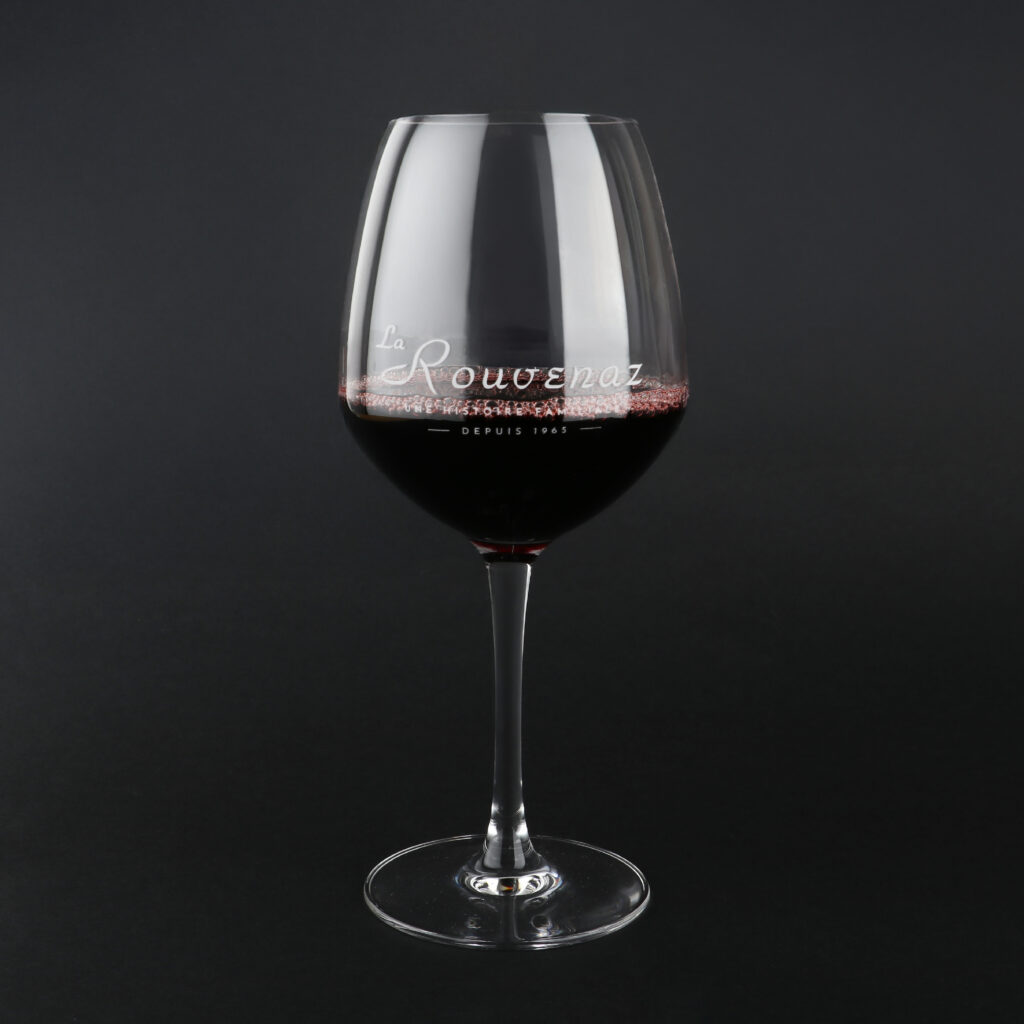The new trend in the beverage industry and especially among craft distillers is called “non-alcoholic distilled spirits”. In other words: alcohol-free distillates. So where does this new movement come from and what are its success factors?
Sober curious
No alcohol but always in a good mood: Sober curious. The term for non-alcoholic beverages was introduced in the United States in 2018. “Sober Curious” describes a concept that rethinks and stages sobriety and an alcohol-free life with exciting mocktail ingredients and cool Instagram hashtags. In New York City, sobriety parties and alcohol-free bars celebrate being sober and living without a hangover the next morning. The trend is already noticeable in Switzerland.
Non-alcoholic distilled spirits are gaining more and more fans for reasons related to lifestyle, a performance-oriented society and the desire for healthy living. This trend is expected to continue, as consumers want to continue to go to fancy bars to enjoy a cocktail, but in a different form.
Production of non-alcoholic distilled spirits
Why do we talk about alcohol-free distillates and not alcohol-free spirits? The reason is simple: because ‘spirits’, by definition, must contain at least fifteen per cent alcohol. The term ‘distillate’, on the other hand, refers only to the condensed vapour that drips from a still. In other words: plant-based water from the still.
Basically, the production of alcohol-free distillates is not very different from that of alcohol-rich distillates. For example, a gin is produced in the same way as a normal gin: some aromas, such as those of citrus fruits, are very soluble in water, while others, such as juniper berries, are not. In this case, the flavours are extracted from the juniper using oil and sugar as an intermediate step, then added to the water. The whole product is then distilled and preserved with lemon water. In order to replace the missing alcohol, it’s important to give it a strong taste. This is why strong spices are so widely used.
Advanced techniques are also used, such as vacuum distillation and cold infusion, to preserve the aromas of the plants and spices. Some brands innovate by incorporating novel ingredients such as seaweed, medicinal herbs or flower extracts to enrich the sensory experience.
What non-alcoholic distillates are available?
In Switzerland, this trend is still in its infancy. The global pioneer is Seedlip, which was the first to launch alcohol-free distilled spirits in 2016. Since then, the market has grown considerably, with the emergence of brands such as Lyre’s, Pentire, Monday, Everleaf, Ceder’s and Wilfred, which offer alternatives inspired by gin, whisky or even rum.
Many producers of alcohol-free distillates rely on the principle of ‘omission’: no alcohol, no sugar and no preservatives. This approach results in healthier drinks that are suitable for consumers looking for natural alternatives. However, it also means that the shelf life of opened bottles is very short, generally between two and six weeks. To prolong their freshness, it is advisable to store them in the fridge and close the cork tightly after each use.
The non-alcoholic spirits market is booming. In 2021, it generated sales of 281 million dollars and is expected to reach 642 million dollars in 2031, almost triple its initial volume. This testifies to the growing popularity of these products, which are converting even sceptics. Consumers are increasingly looking for quality alternatives to gin, whisky and bitter aperitifs.
What does the future hold for this trend in Switzerland?
It remains to be seen how the arrival of this trend is perceived in Switzerland and whether it has a chance in this market. To answer this question, we spoke to Adrian Affentranger, CEO of the Willisau distillery (Diwisa).
Thanks to constant innovation and a highly motivated workforce, Distillerie Willisau has become the market leader in the production and distribution of spirits in Switzerland. This family-run business is an ideal combination of traditional know-how, innovative strength and high technology. So it goes without saying that Diwisa is already ‘distilling’ something in the ‘non-alcoholic distillates’ sector. Adrian Affentranger confirms: ‘This is indeed a very present subject and several brands are developing.’
With demand continuing to grow, ever more refined production techniques and a growing interest in a more balanced lifestyle, non-alcoholic distillates have every chance of making a lasting mark on the Swiss and international landscape.
The ideal glass bottle for alcohol-free distillates
It exists too: alcohol-free wine
Long confined to non-alcoholic beers and spirits, the market for de-alcoholised drinks is now expanding to include wine, offering consumers a refined alternative without compromising on the taste experience. Among the players who have risen to this challenge, J&M Dizerens wines stand out for their meticulous approach. Faithful to the codes of traditional wine, they have chosen to bottle their alcohol-free wine in classic Burgundy bottles. This strategic choice preserves the elegance and authenticity associated with the wine, while offering a quality de-alcoholised version.
By focusing on the visual continuity and familiarity of the containers, J&M Dizerens has succeeded in appealing both to wine lovers who want to reduce their alcohol consumption and to the curious in search of new experiences. From now on, alcohol-free wine will find its place on festive tables and in social gatherings, confirming that the trend towards alcohol-free drinks is much more than just a passing fad.
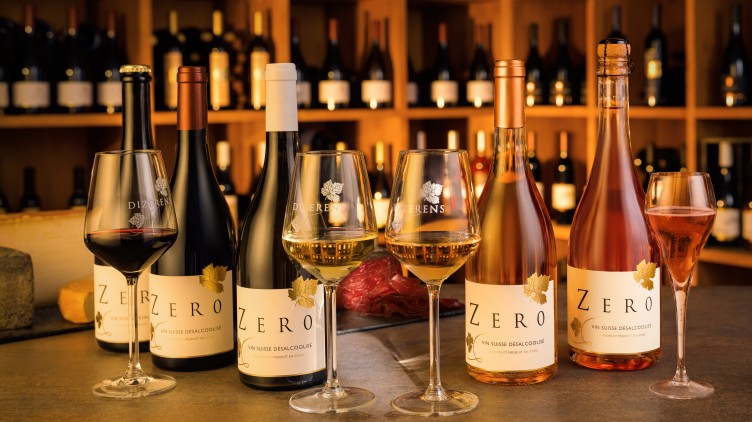
Our customers’ non-alcoholic projects
Even if it’s not an alcohol-free distillate, non-alcoholic beverages are becoming increasingly popular and innovative.
Appenzell-based Goba has also embraced the ‘alcohol-free’ trend.
Goba: The tasty alcohol-free alternative
Manzoni embodies the fruity intensity of Goba’s range of aperitifs. Completely alcohol-free, it seduces with notes that are both bitter and tangy, leaving a marked berry flavour on the palate. This beverage can be enjoyed as you wish: topped with fresh herbs, mixed with mineral water or Flauder, or simply served over ice for a classic experience. For those looking for a more intense version, Manzoni is also available in an alcoholic version, with 15% alcohol, offering an explosion of fruity flavours.
Amicero, meanwhile, stands out for its powerful ginger flavour, just like its evocative name. Just a few drops can transform a simple mineral water into a drink full of character. Combined with Prosecco, it becomes a refined, sparkling aperitif. Produced in a small factory in Liguria before being bottled by Goba, Amicero is a true tribute to friendship, illustrating the idea that by working together we can create even more exceptional flavours.
Verjus reinvented, a refined alternative to non-alcoholic drinks
Verjuice, an ancestral ingredient derived from unfermented green grape juice, is making a remarkable comeback in the world of non-alcoholic drinks. Its subtle acidity and fruity notes make it an ideal base for refined mocktails and thirst-quenching drinks. Swiss brand Vertschi has set the standard by modernising this drink with an elegant, innovative approach. Winner of the German Brand Award 2022, it is fully in line with the ‘No & Low Alcohol’ trend, offering a sophisticated alternative to consumers in search of new taste experiences.
Diolipop: an innovative alcohol-free drink
With more than 40 years of expertise, Domaine Beetschen has established itself as a key player in the world of wine and innovative drinks. Its latest masterpiece, Diolipop, combines Diolinoir grape juice with sparkling water for a refreshing taste experience.
Alcohol-free is becoming increasingly popular: Zoom in on this trend.
